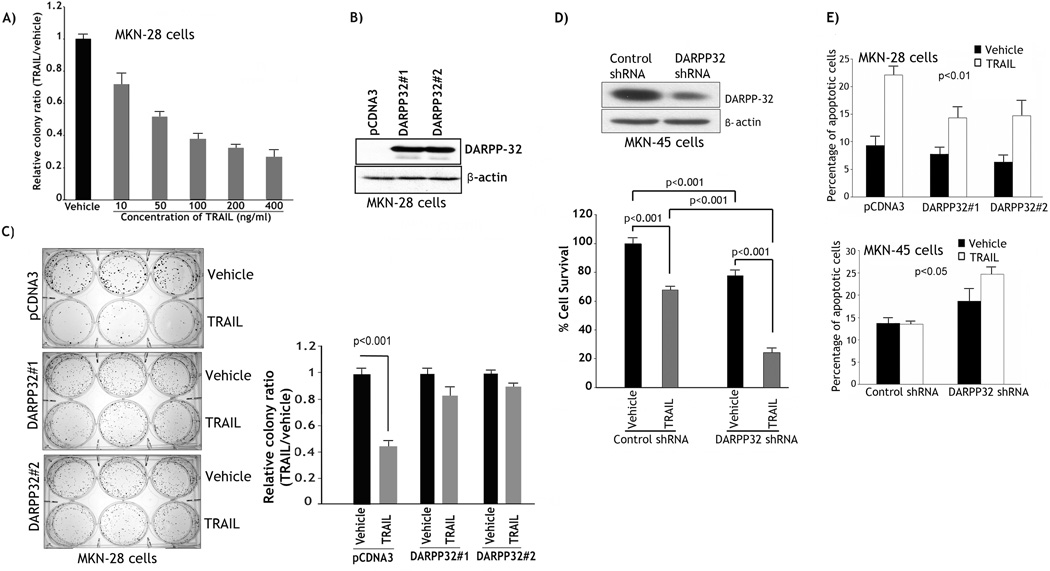Figure 1. DARPP-32 promotes survival of gastric cancer cells.
A) MKN-28 cells were treated with vehicle or with the indicated concentrations of recombinant TRAIL for 24h and subjected to clonogenic survival assay as described in Methods and Materials. A TRAIL dose-dependent decrease in cell survival was observed. B) Western blot; MKN-28 cells stably transfected with DARPP-32 or pcDNA3 control plasmids. C) Two clones of MKN-28/DARPP-32 cells and MKN-28/pcDNA3 cells were treated with vehicle or 200 ng/ml TRAIL for 24h and subjected to clonogenic survival assay. The data indicated that DARPP-32 expression counteracted TRAIL-induced cell death. D) Upper panel, Western blot of MKN-45 cells stably transfected with DARPP32-shRNA or control-shRNA plasmids. Lower panel, Cells were treated with vehicle or TRAIL (200 ng/ml) for 24h and then subjected to clonogenic survival assay. The survival of the treated cells was assessed by Cell Titer-Glo Luminescent Cell Viability Assay Kit as described in Methods and Materials. The results indicated that knocking down of endogenous DARPP-32 was sufficient to reduce cell viability and sensitize cells to TRAIL. E) Upper panel, MKN-28/pcDNA3 and MKN-28/DARPP-32 cells were treated with vehicle or TRAIL (200 ng/ml) for 24h. Annexin V staining and flow cytometry indicated that DARPP-32 overexpression counteracted TRAIL-induced apoptosis. Lower panel, MKN-45/control-shRNA and MKN-45/DARPP-32-shRNA cells were treated with vehicle or 200 ng/ml TRAIL for 24h. Annexin V staining and flow cytometry showed that knocking down endogenous DARPP-32 sensitized cells to TRAIL. Results are representative of at least three experiments.

